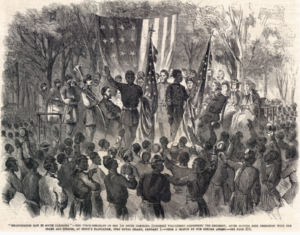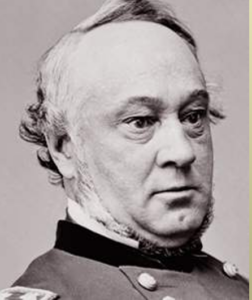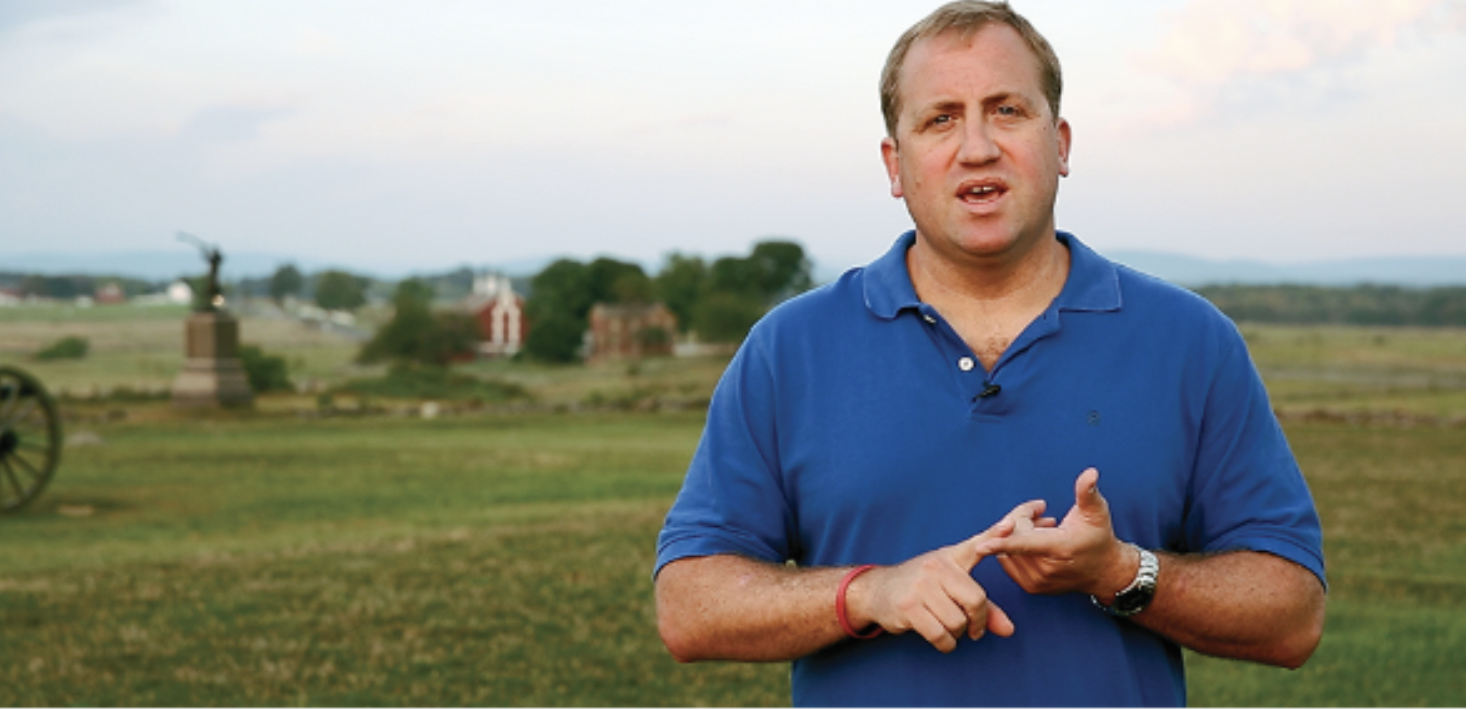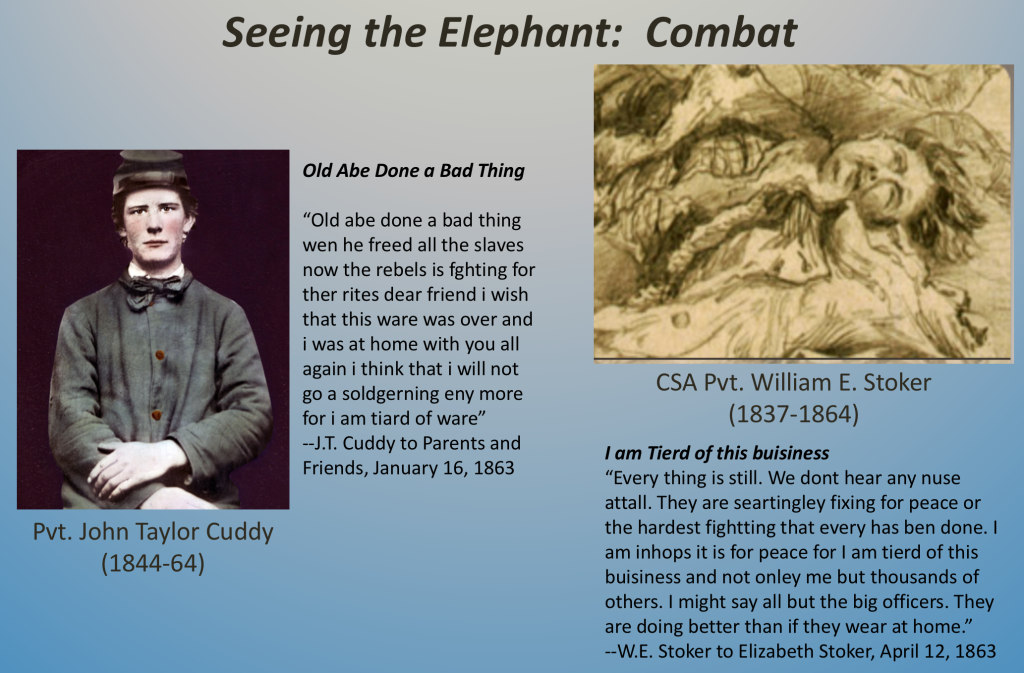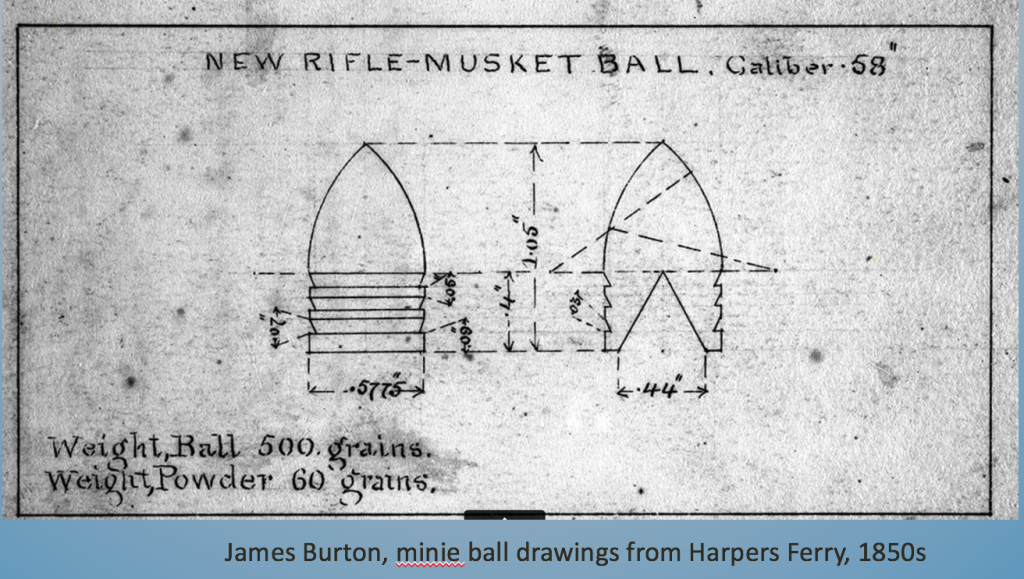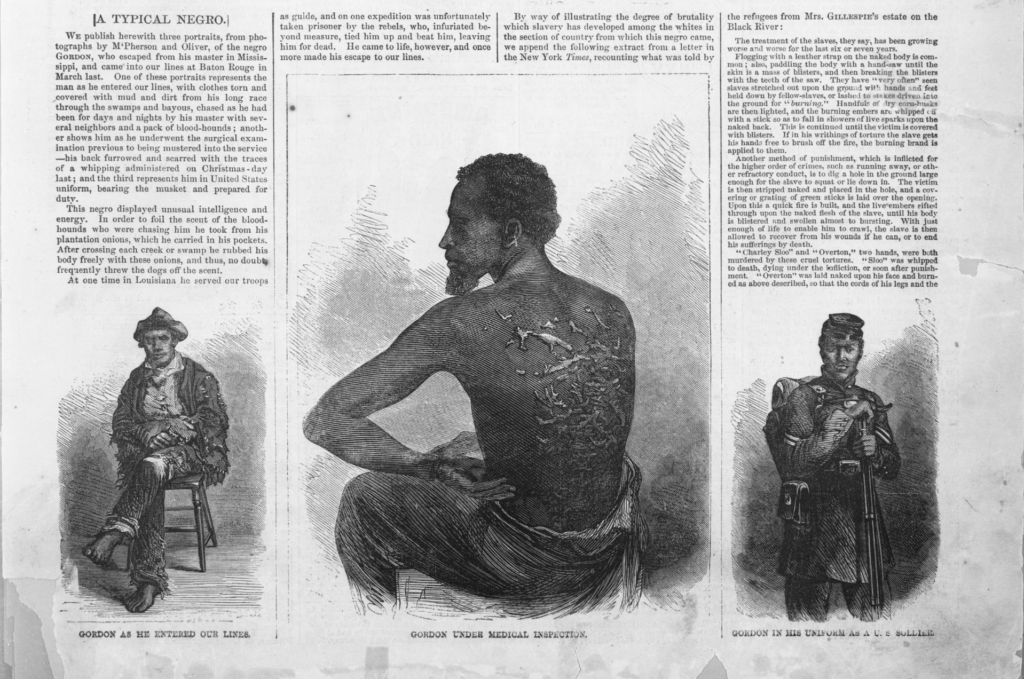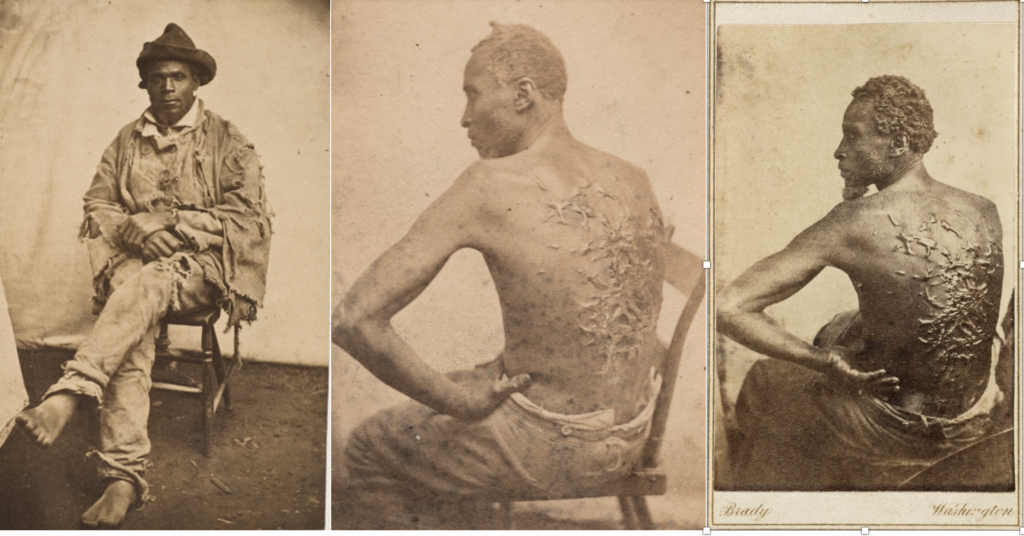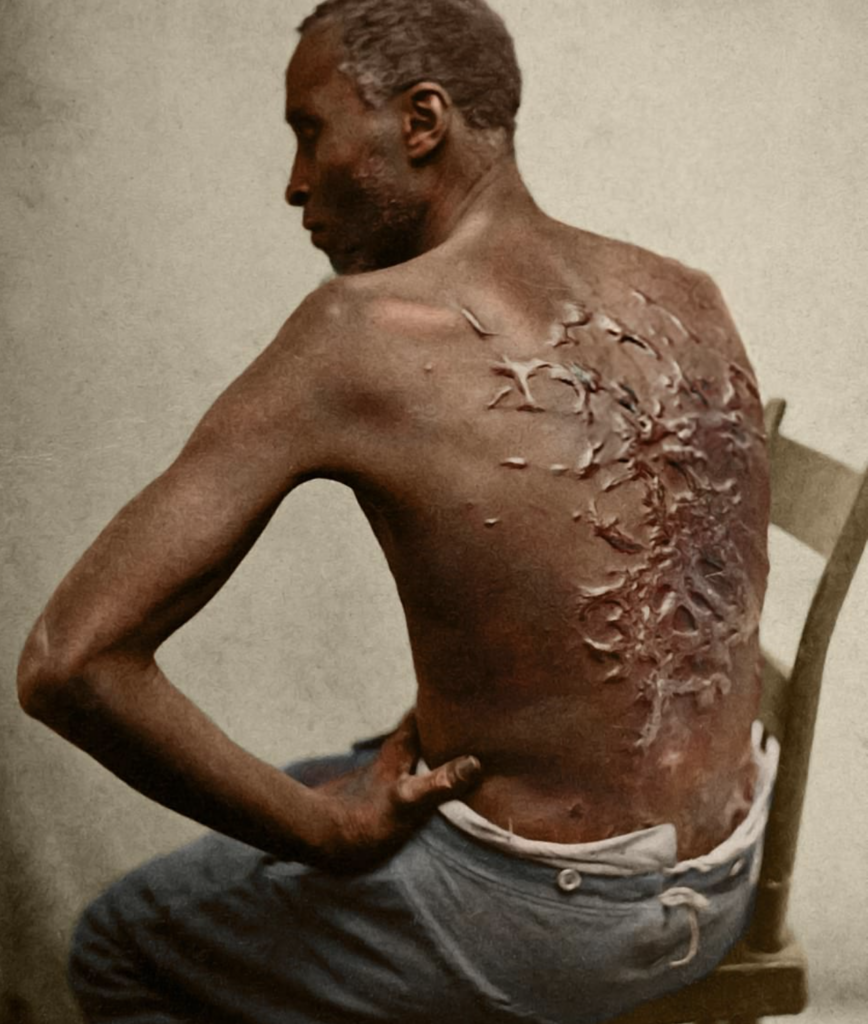Emancipation Day (January 1, 1863)
January 1, 1863 (public)
“And I hereby enjoin upon the people so declared to be free to abstain from all violence, unless in necessary self-defence; and I recommend to them that, in all cases when allowed, they labor faithfully for reasonable wages. And I further declare and make known, that such persons of suitable condition, will be received into the armed service of the United States to garrison forts, positions, stations, and other places, and to man vessels of all sorts in said service.”
January 1, 1863 (private)
“You know what Gen. Burnside’s plan is; and it is my wish that you go with him to the ground, examine it as far as practicable, confer with the officers, getting their judgment, and ascertaining their temper, in a word, gather all the elements for forming a judgment of your own; and then tell Gen. Burnside that you do approve, or that you do not approve his plan. Your military skill is useless to me, if you will not do this.”
[REVERSE]
Withdrawn, because considered harsh by Gen. Halleck.
A.L. Jan. 1. 1862 [sic]
–Lincoln to Henry W. Halleck, January 1, 1863
Gettysburg & Vicksburg (July 1863)
Special resources
- Pinsker video tour (1 hour / 13 stops)
- Wittenberg lecture (1 hour)
- Gettysburg Addresses (House Divided / Google Arts)
Discussion Questions
- What can we learn from the griping of ordinary soldiers like John Cuddy or William Stoker?
Warfare and Technology
Black Soldiers (Summer 1863)
By war’s end, nearly 180,000 men served in the United States Colored Troops, close to 10 percent of the entire Union army. Another nineteen thousand served in the navy. –Masur, 58
Photographic sources for Harper’s illustrations, taken behind Union lines in Louisiana, April 1863 (Library of Congress)
For full background on the story of Peter (or Gordon), see this page at the History 288 course site
Memory & Meaning
“Glory” (1989)
Coming Soon … “Emancipation” (Will Smith)

